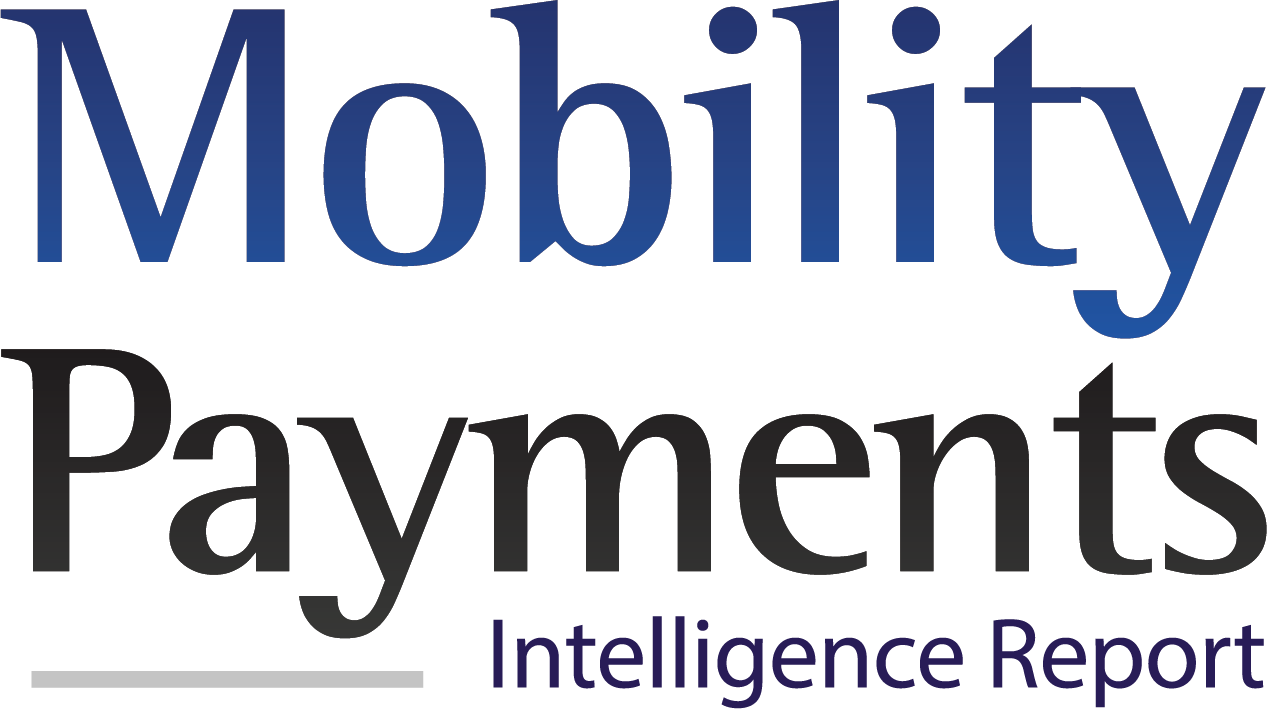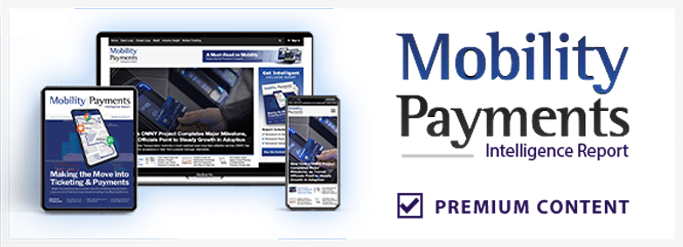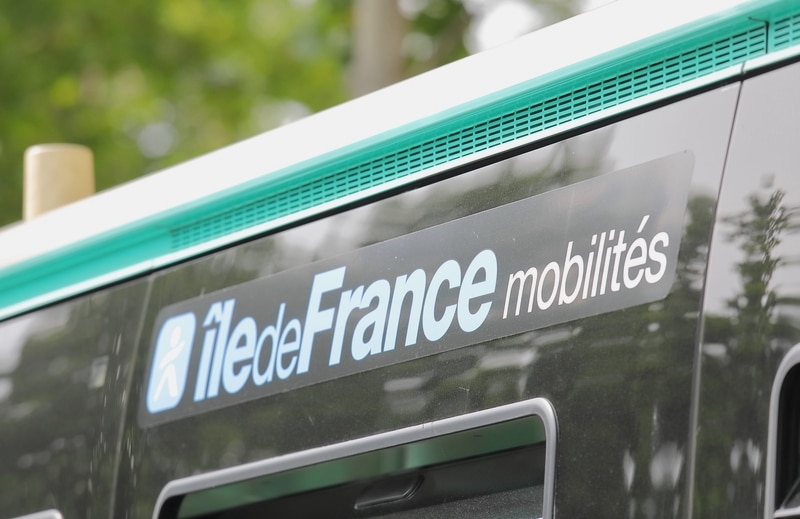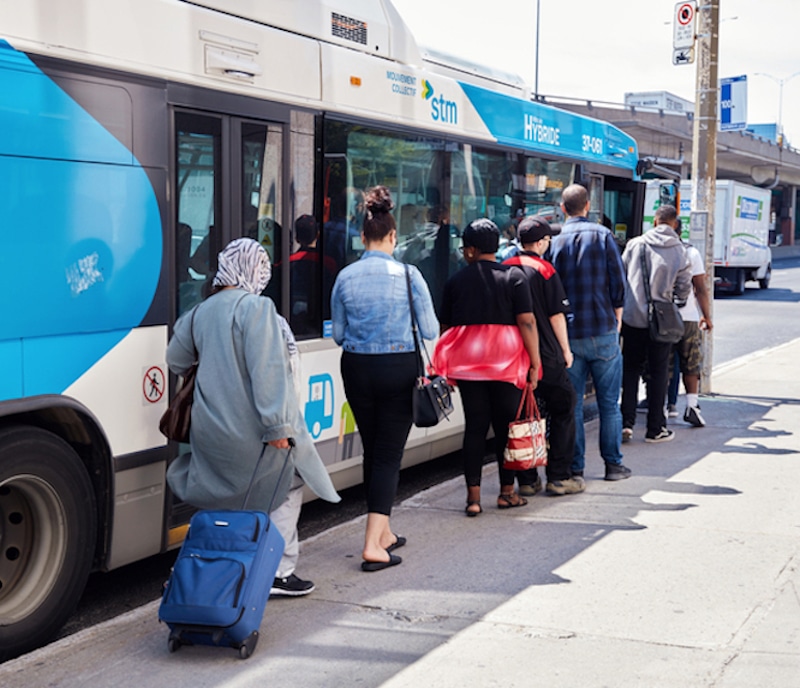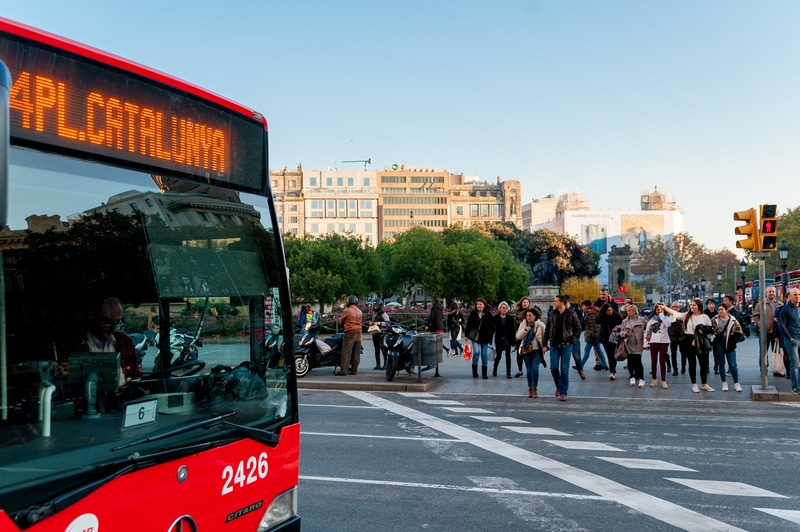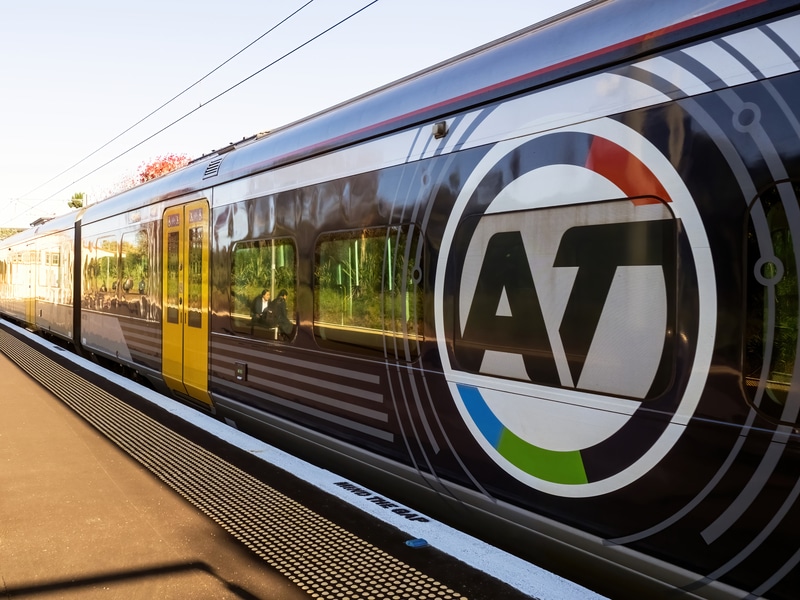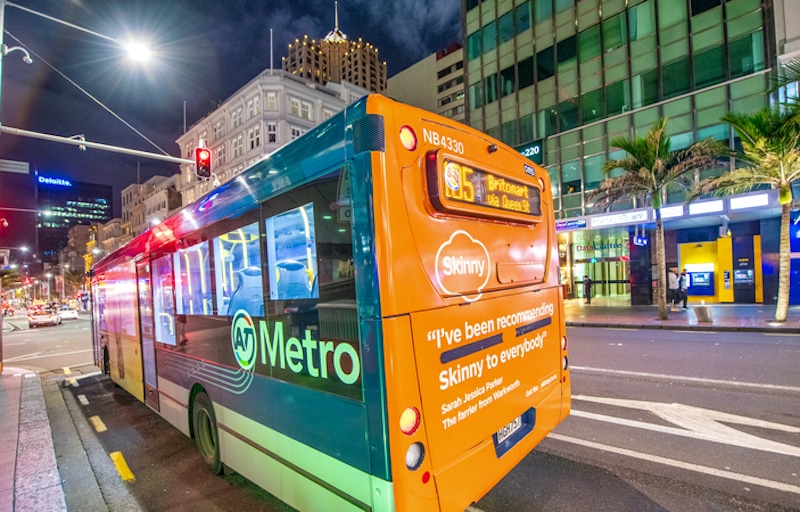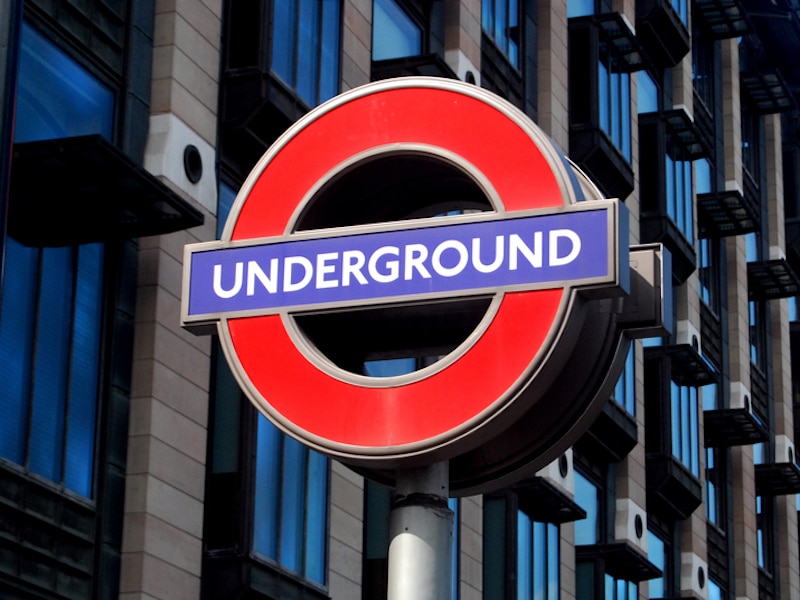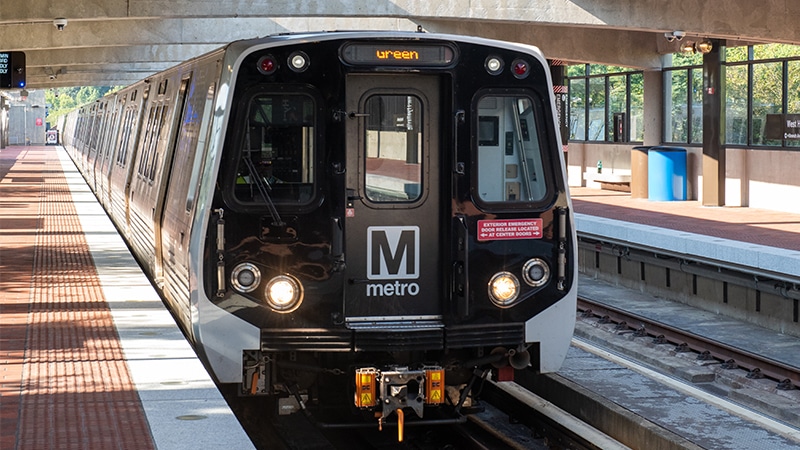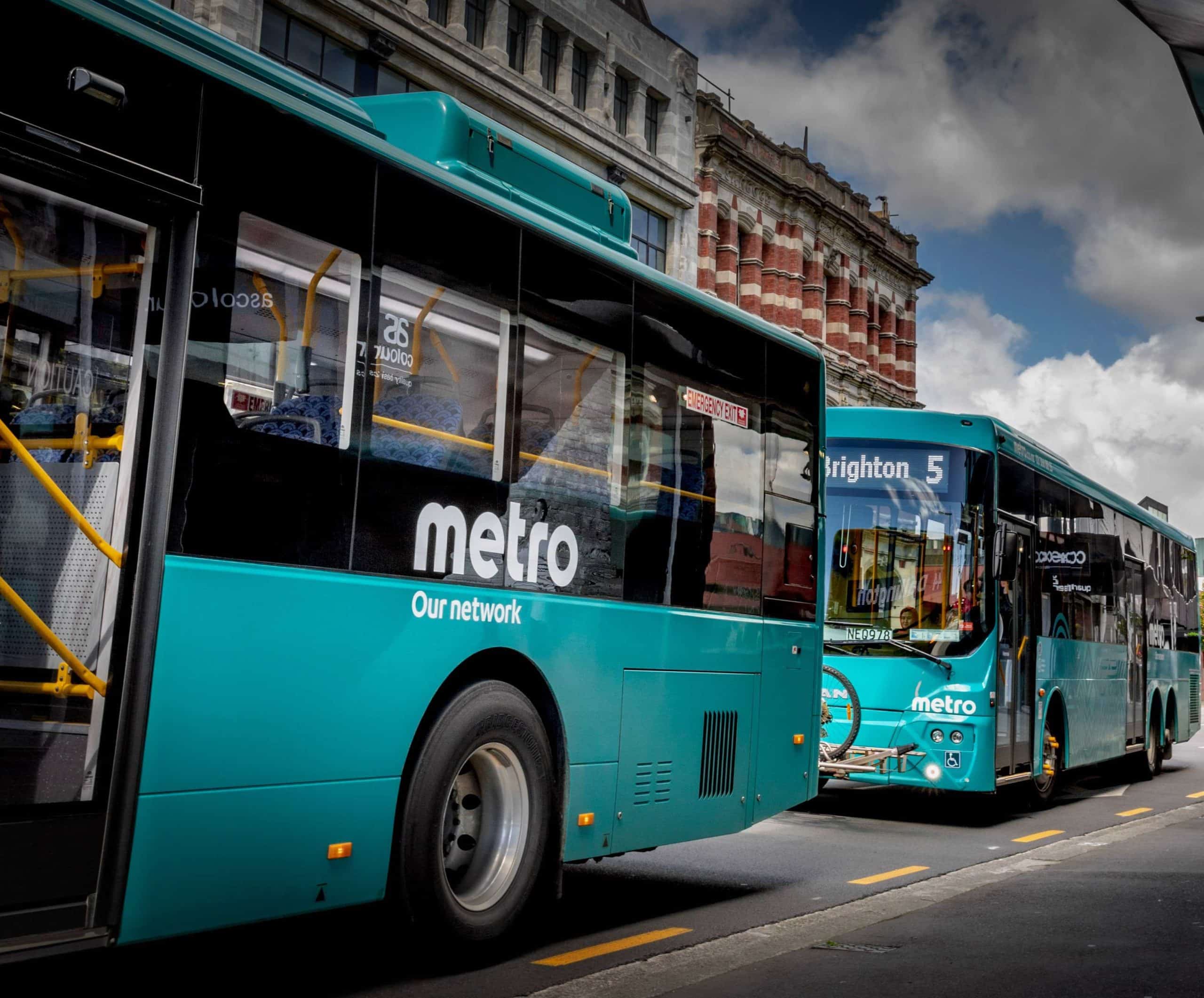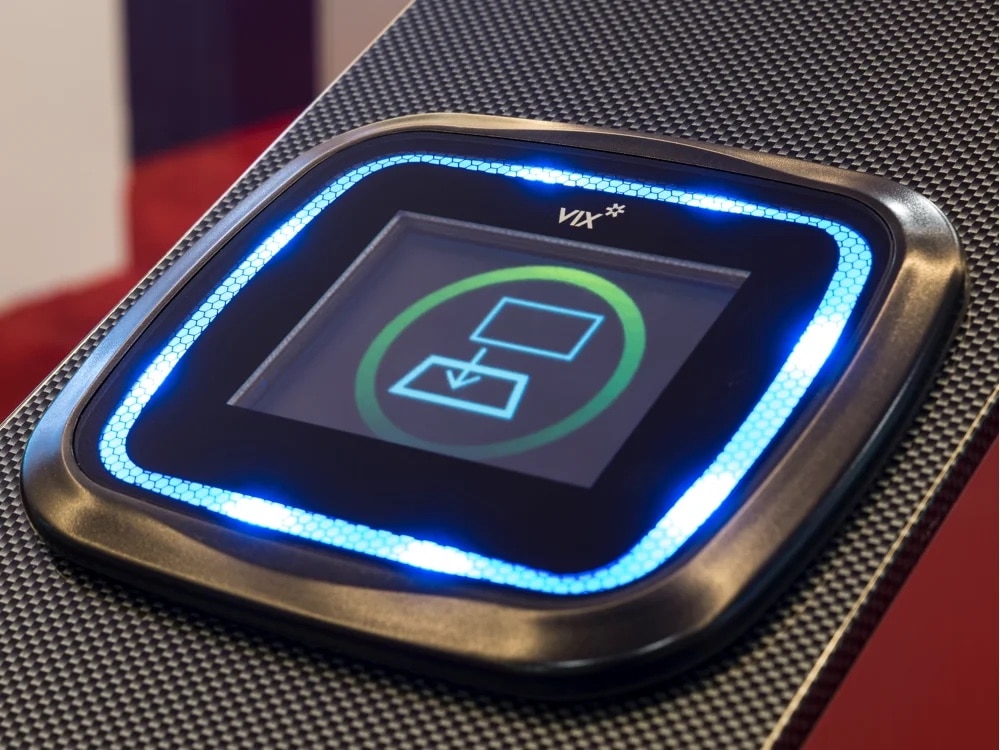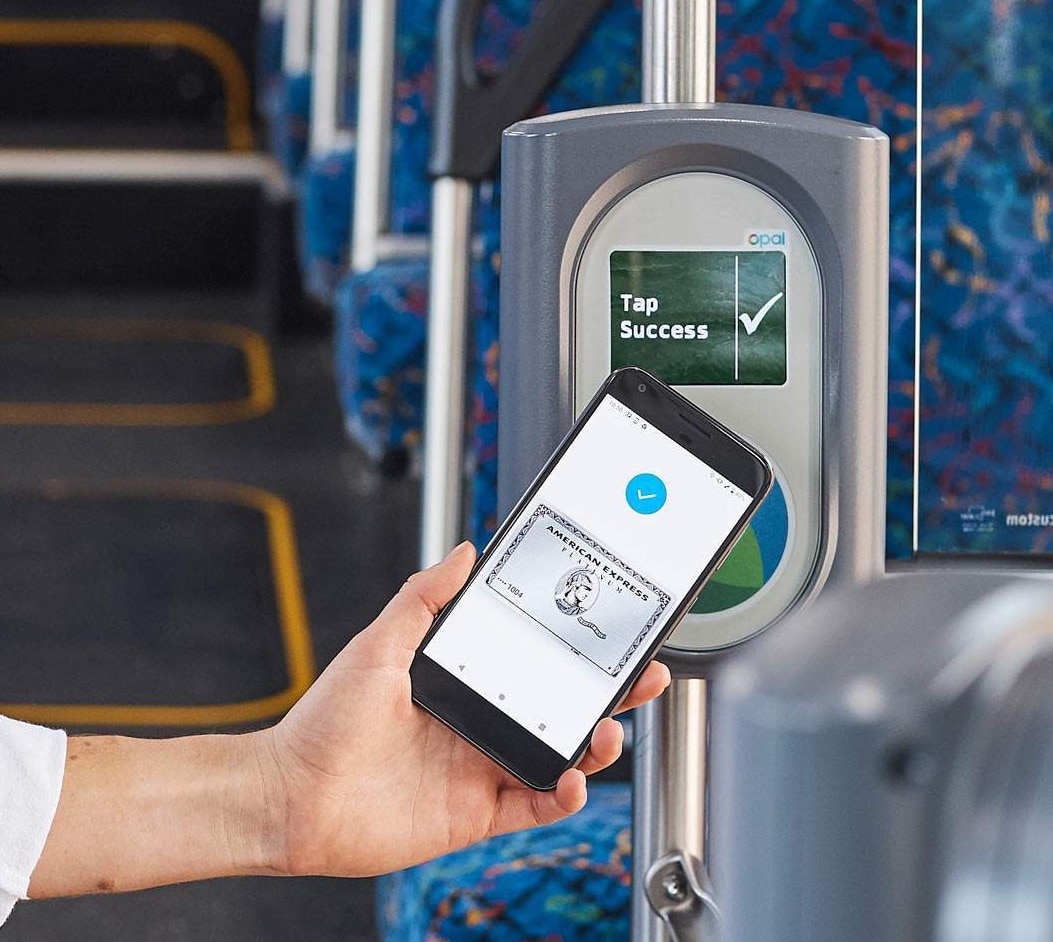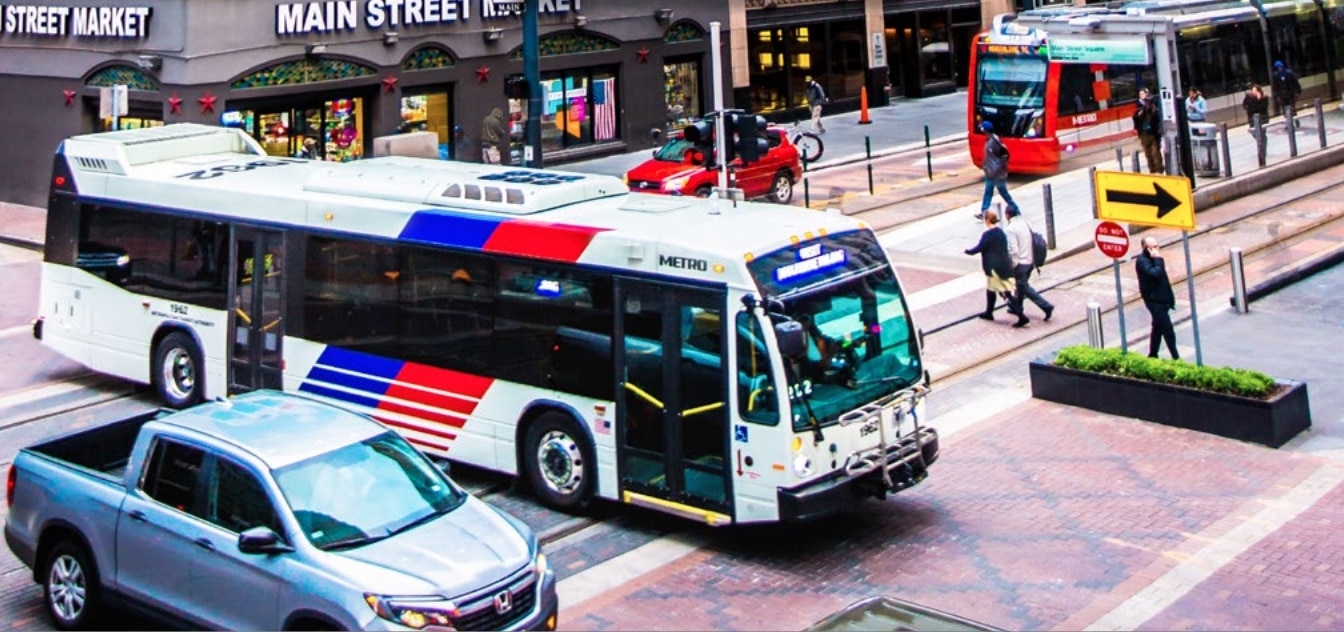
Article Highlights
While Houston Metro, a large public bus agency in the U.S., plans to introduce open-loop payments as part of an account-based ticketing system now being built for it, the agency has no plans to phase out cash acceptance on board its more than 1,200 buses, a spokeswoman confirmed to Mobility Payments.
At a board Administration Committee meeting March 16, a Metro staffer said the estimated costs for the fareboxes and TVMs had increased by 30% in the two years since the original contract with INIT was approved. “Like a lot of others, they’ve got supply-chain issues. So this is a pretty sizable increase,” she said.
• Houston Metro
• INIT
While Houston Metro, a large public bus agency in the U.S., plans to introduce open-loop payments as part of an account-based ticketing system now being built for it, the agency has no plans to phase out cash acceptance on board its more than 1,200 buses, a spokeswoman confirmed to Mobility Payments.
